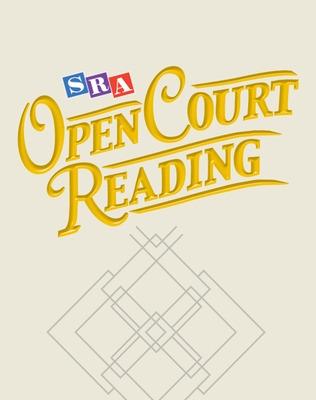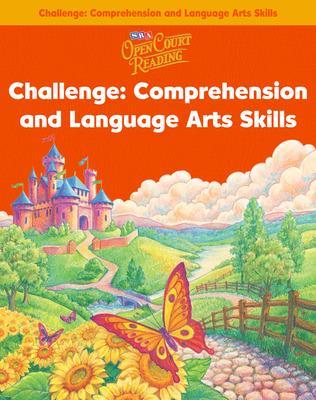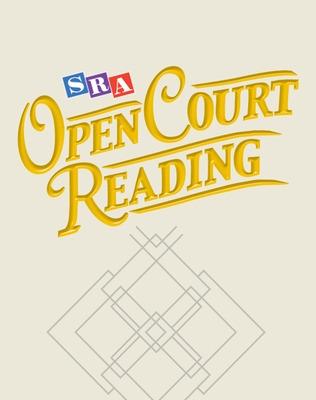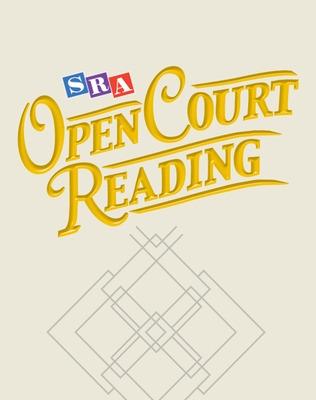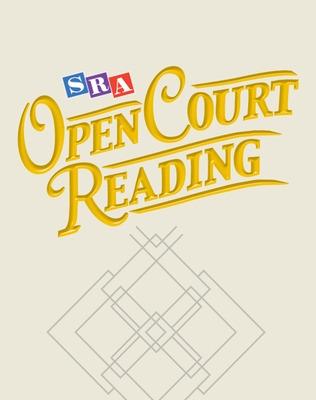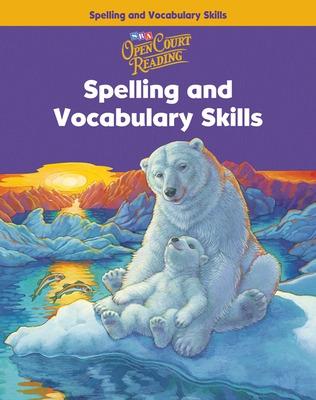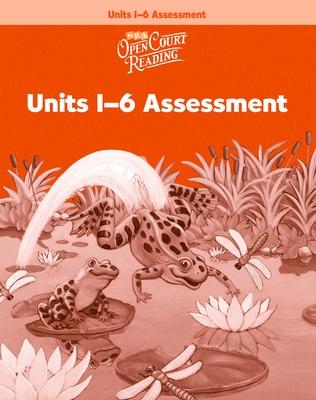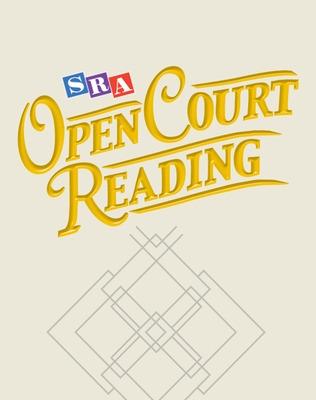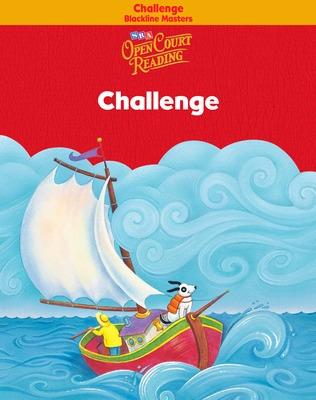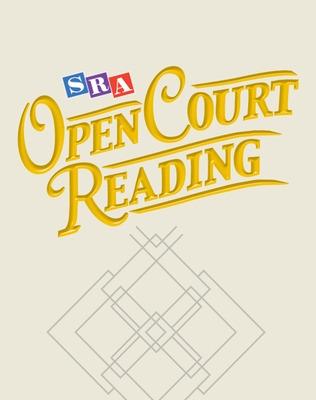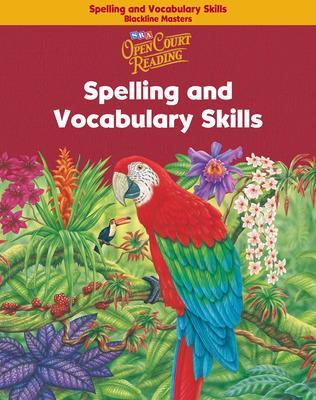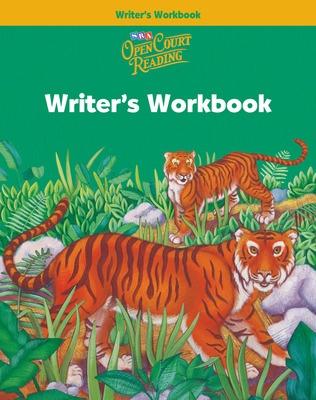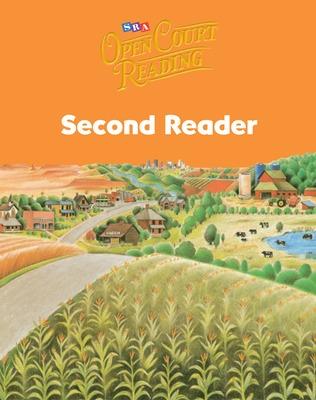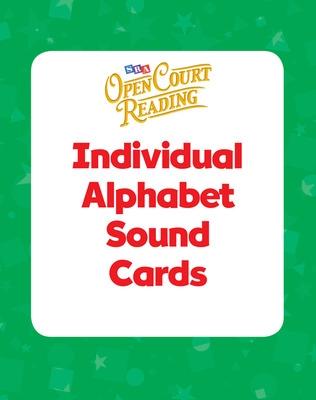IMAGINE IT
297 total works
Open Court Reading, Challenge Workbook - Comprehension and Language Arts Skills, Grade 1
by McGraw Hill
Open Court Reading, Challenge Annotated Teacher Edition - Phonics Skills, Grade 1
by McGraw Hill
Open Court Reading, Unit Assessment Blackline Masters (Units 1-6), Grade 2
by McGraw Hill
Open Court Reading, Challenge Annotated Teacher's Edition, Grade 5
by McGraw Hill
Open Court Reading, Spelling and Vocabulary Skills Workbook, Grade 4
by McGraw Hill
Open Court Reading, Unit Assessment Blackline Masters, Grade 1
by McGraw Hill
Open Court Reading, Challenge Annotated Teacher's Edition, Grade K
by McGraw Hill
Open Court Reading, Spelling and Vocabulary Skills Blackline Masters, Grade 6
by McGraw Hill
